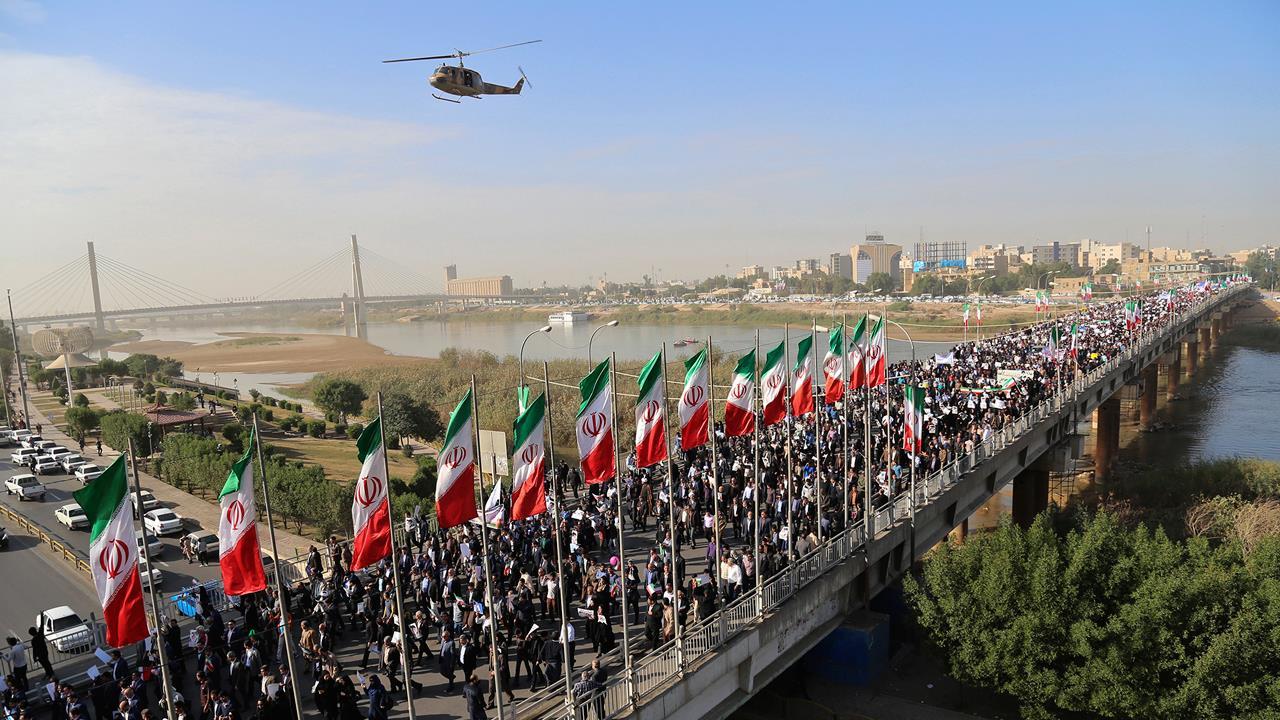Trump’s Iran deal withdrawal sparks corporate exodus
The world's largest container shipping company A.P. Moller-Maersk, is the latest corporation to announce it is preparing to cease operations in Iran after President Trump withdrew from the nuclear deal last week and vowed to reinstate “powerful sanctions.”
Maersk, which is based in Copenhagen, said during an earnings call Thursday morning that the firm was closing down its business in Iran, though it hadn’t pinned down the exact timeframe. The company said a jump in oil prices following the U.S. exit was not helping its business.
The European Union hopes to nuclear deal intact, but moves from companies, like Maersk, suggest a lack of confidence and a fear of U.S. reprisal.
French energy group Total SA announced on Wednesday that it would abdicate a $2 billion project in the South Pars gas field before Nov. 4 unless it’s granted a waiver from the U.S. protecting it against sanctions.
Earlier in the week, the chief executive of Munich-based Siemens told CNN that his company could not do any new business in Iran because it faced the possibility of retaliatory sanctions from the U.S.
Switzerland-based MSC, the world’s second-largest shipping group, said on Wednesday it would no longer accept bookings for shipments to and from Iran.
German insurer Allianz warned this week it was identifying its Iran-related businesses and preparing to “wind-down plans for relevant business to ensure appropriate termination within the defined periods,” a spokesperson for the company told Reuters.
Last week, Trump announced his decision to withdraw from the Iran nuclear deal and vowed to reinstate the “highest level” of sanctions on the Iranian regime. Trump also suggested that other nations that continue to deal with Iran could also be sanctioned by the U.S.
U.S. aerospace giant Boeing, rival Airbus and Royal Dutch Shell are some of the other prominent multinational companies that stand to be affected by the change in U.S. policy.




















